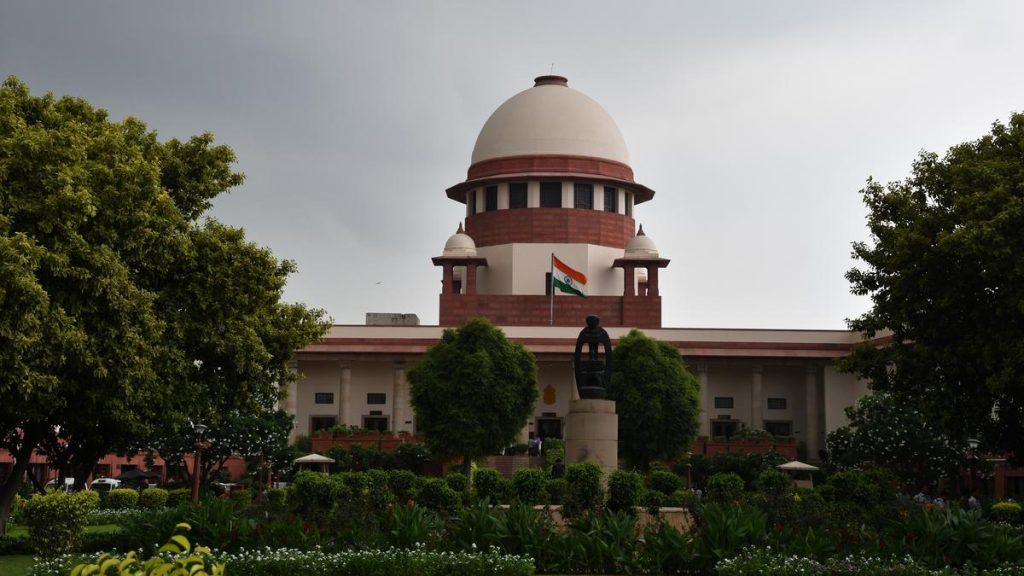Now Reading: Research Body Backed by CPI(M) to Introduce Course on Hindutva
-
01
Research Body Backed by CPI(M) to Introduce Course on Hindutva
Research Body Backed by CPI(M) to Introduce Course on Hindutva

### Swift Summary
– The Keluettan Center for Study and Research, affiliated with the Communist Party of India (Marxist) [CPI(M)], is launching a new course critically examining Hindutva politics.
– The course will explore Hindutva as an ideology and political theory, framing it within ancient and modern contexts.
– Key topics will include:
– The origin of Hindus and Hindu culture.
– Differences between sramana religions (e.g., Buddhism, Jainism) and Hinduism.
– Indian philosophy’s six branches and characteristics of Indian materialism.
– History, evolution of Hindutva, and its connection to figures like Savarkar, including Gandhi’s assassination.
– According to CPI(M) leader K.T. Kunhikannan, the course views Hindutva as “Indian fascism” influenced by corporate agendas and neo-liberal capital, posing challenges for secular-democratic politics in india.
– Course coordinators are J. Prasad and P.P.Abdul Razaq; classes begin mid-October with up to four sessions monthly requiring a registration fee.
—
### Indian Opinion Analysis
The launch of this course represents an academic approach toward evaluating Hindutva politics from a critical outlook rooted in ideological history. Its implications could be significant for India’s intellectual discourse on nationalism, religion’s influence on governance policies, as well as secular values shaping democratic institutions. Framing it within historical narratives may engage those interested in understanding how socio-political ideologies evolve under economic drivers like corporate agendas or neo-liberal capitalism.
While some may view such a critique through partisan lenses given CPI(M)’s position on nationwide issues regarding secular governance vs majoritarian ideals underpinned by religion-a wider audience embracing intellectual rigor over symbolism might leverage these ideas across ideological spectrum debates impacting civic public awareness indirectly.Read more:
























